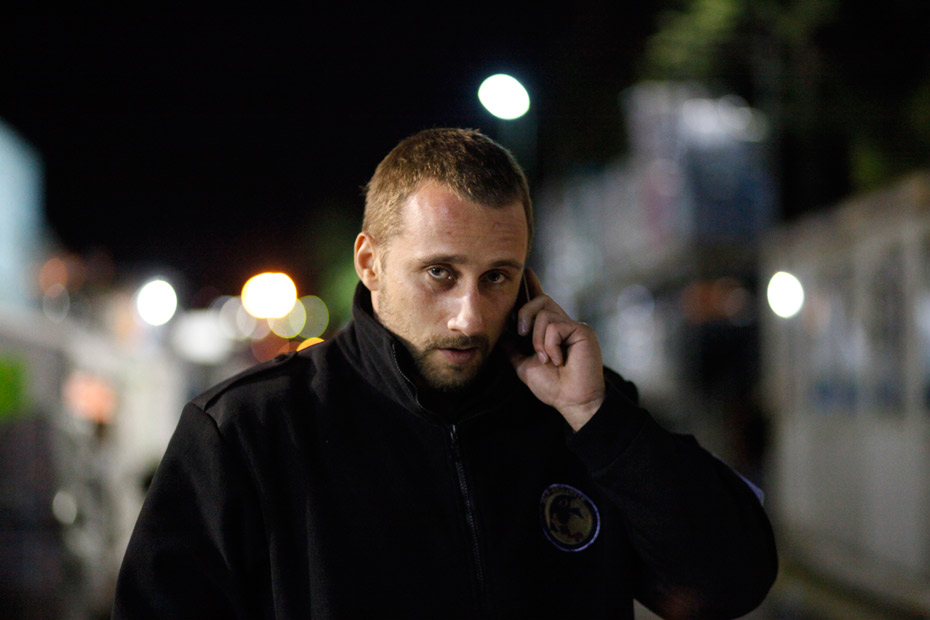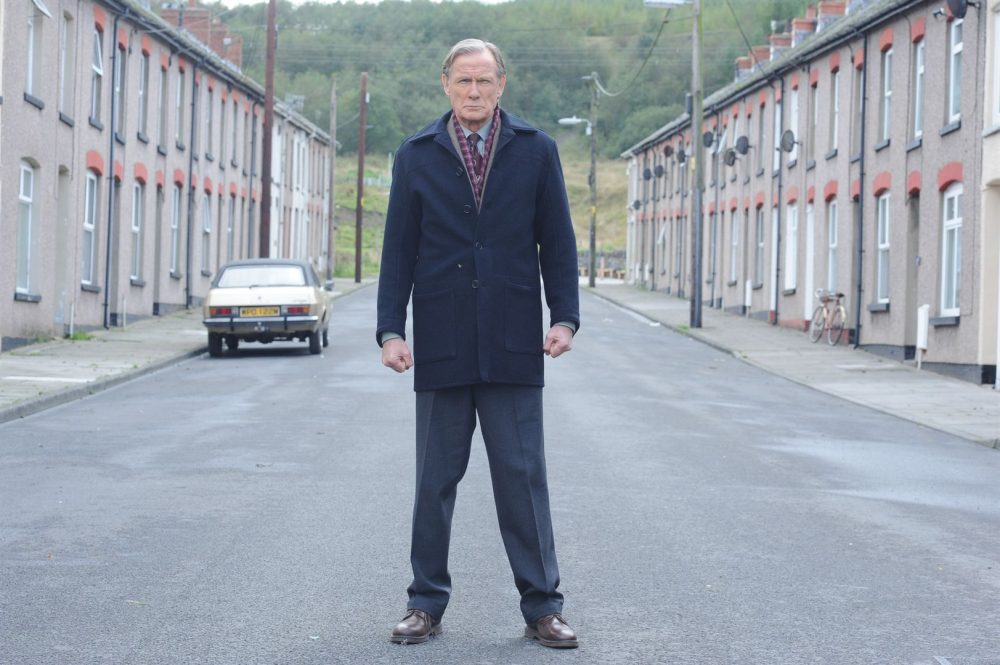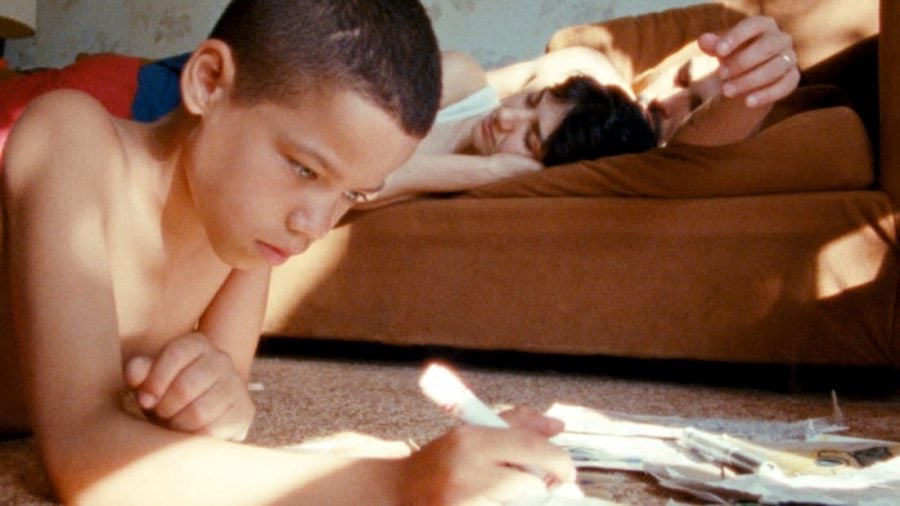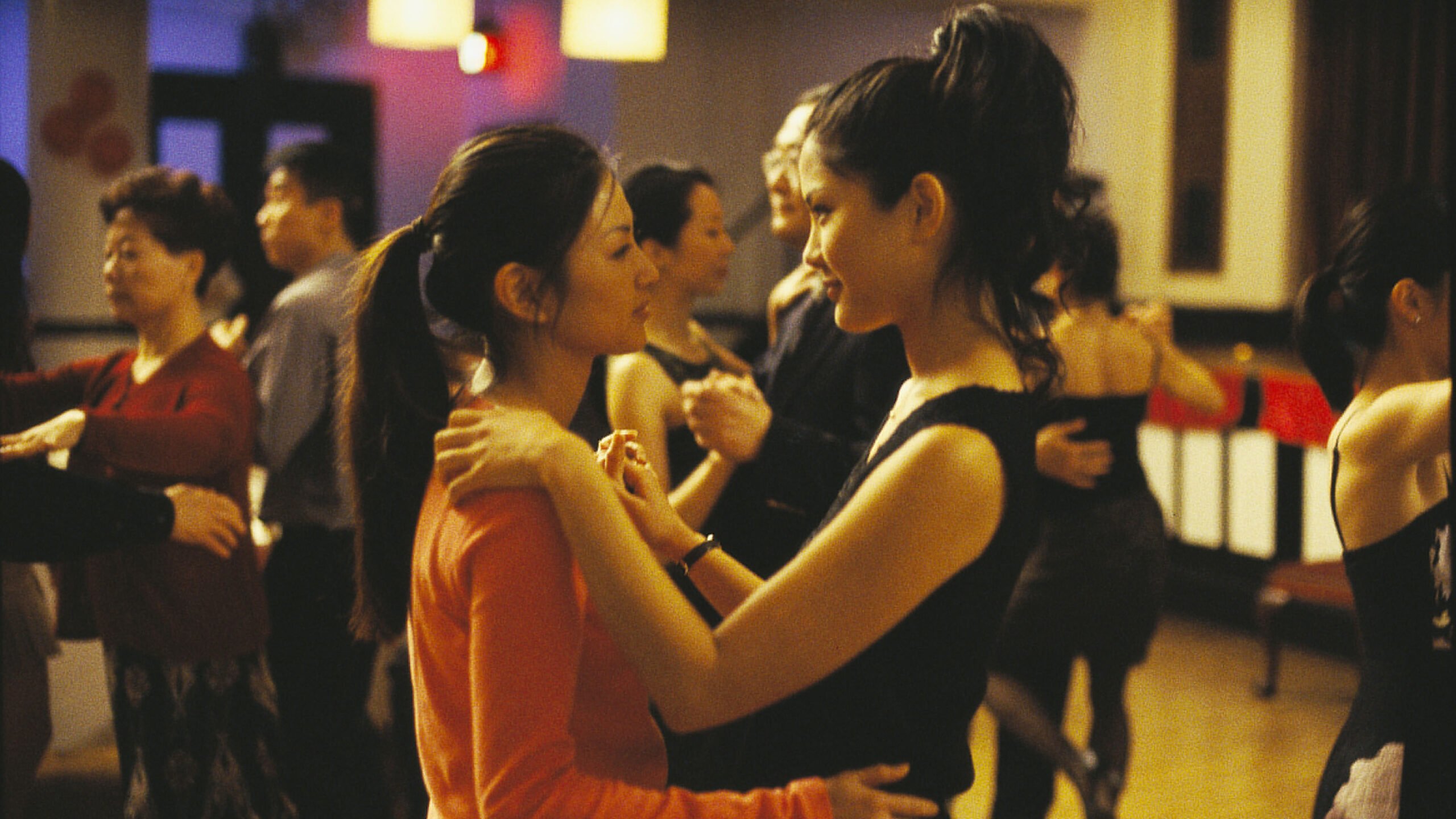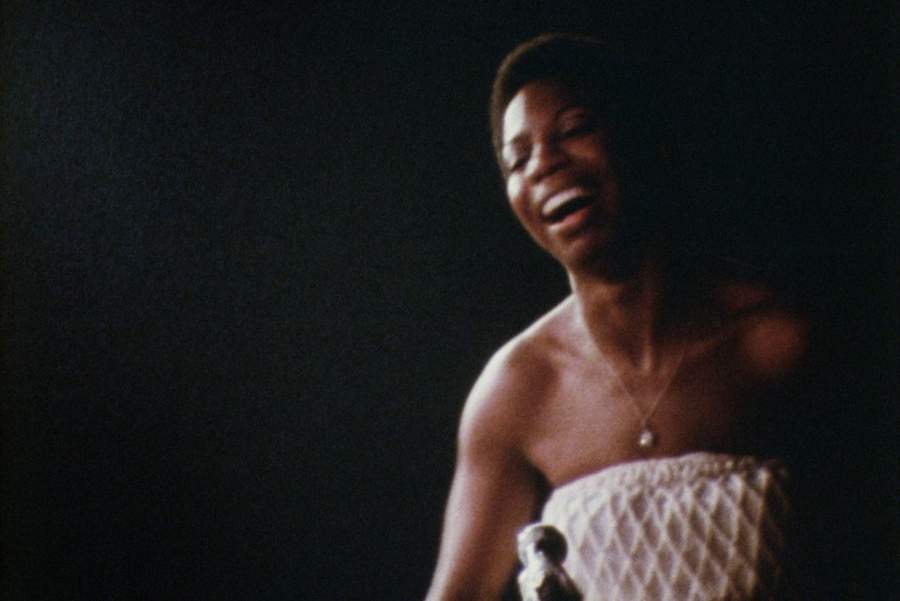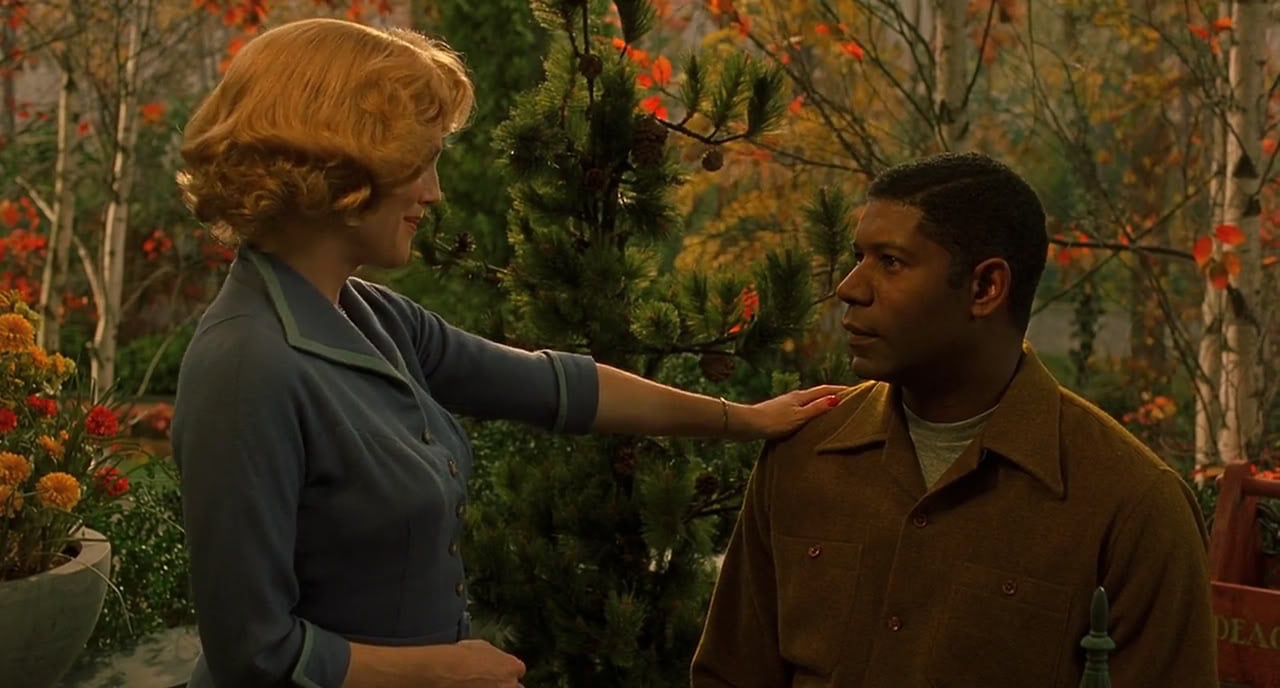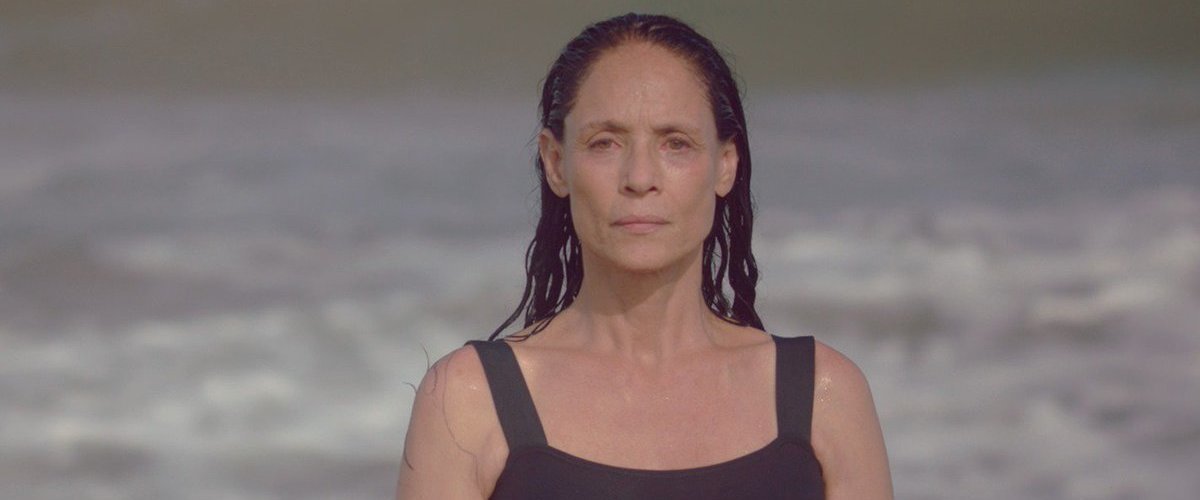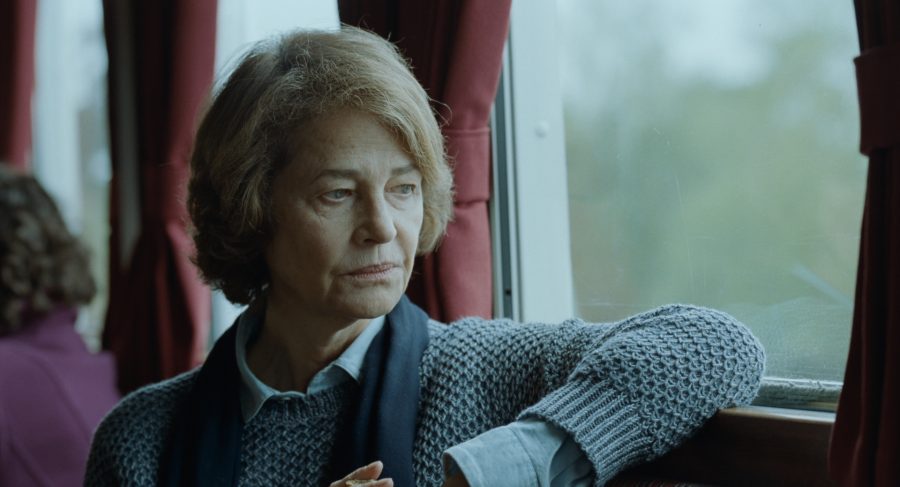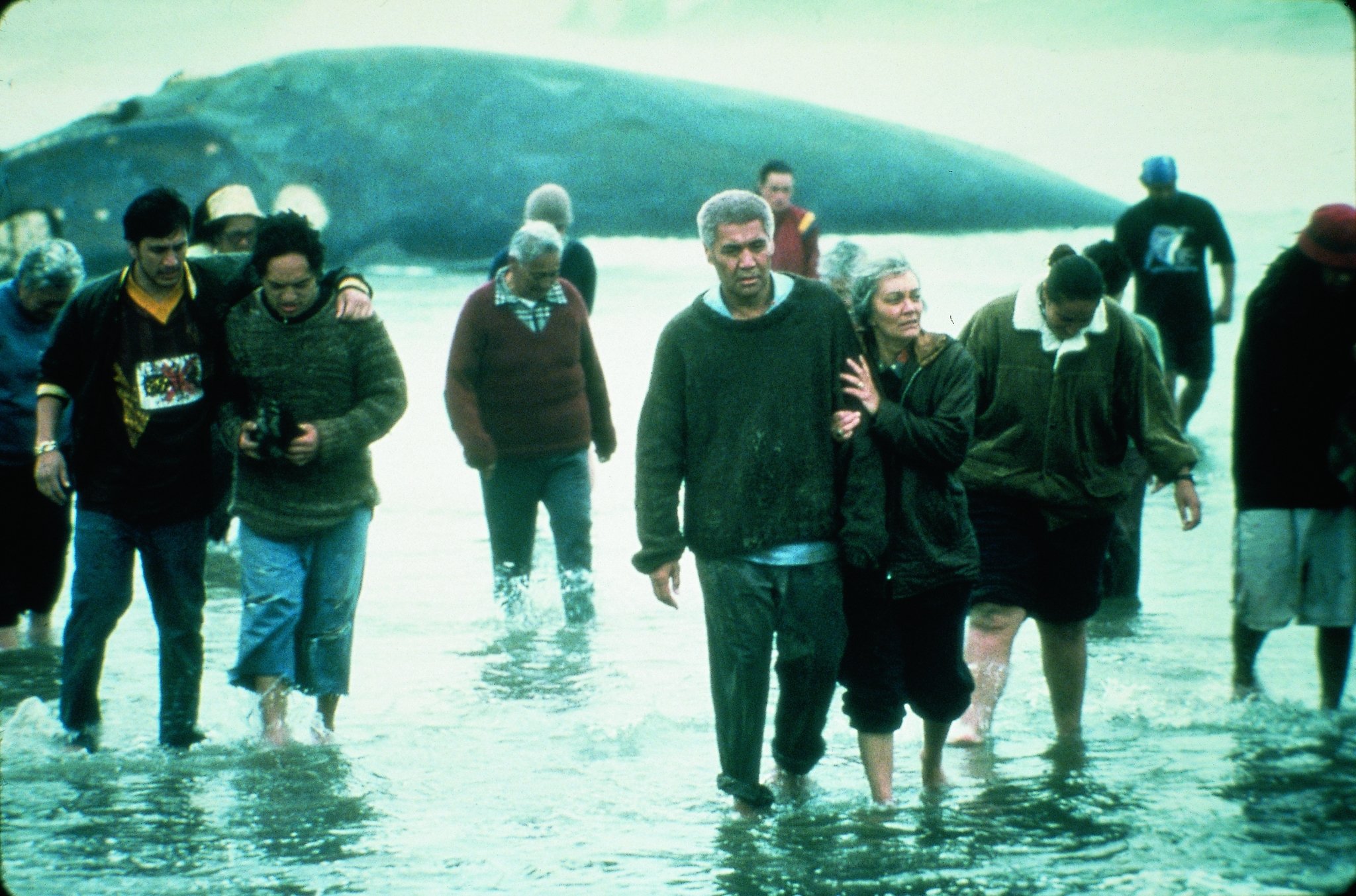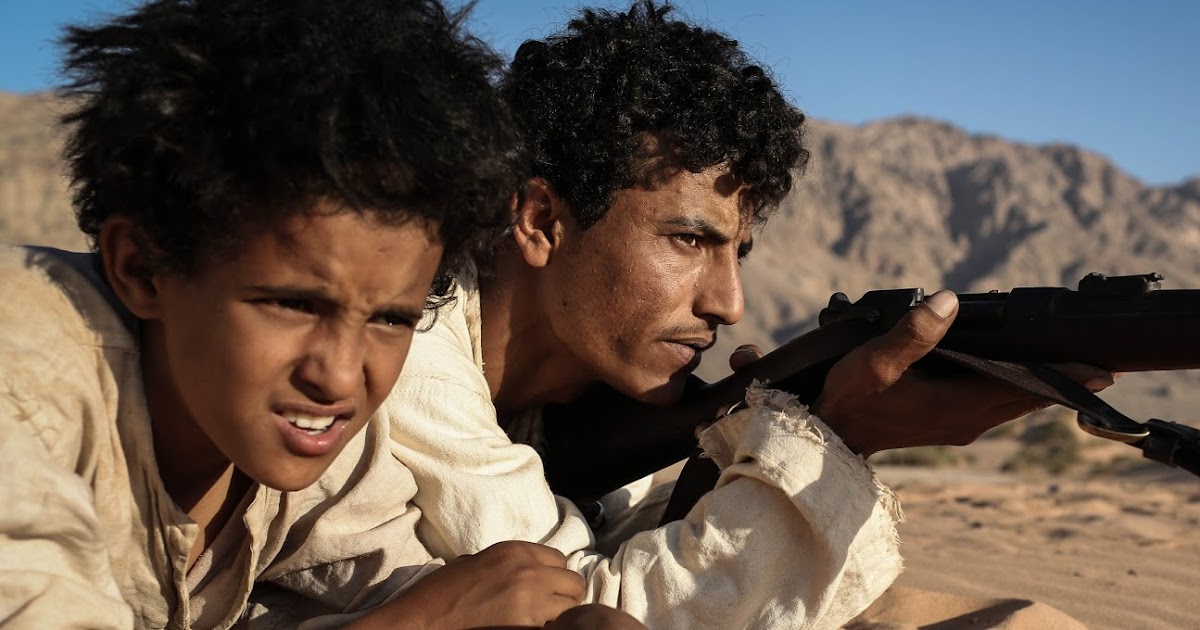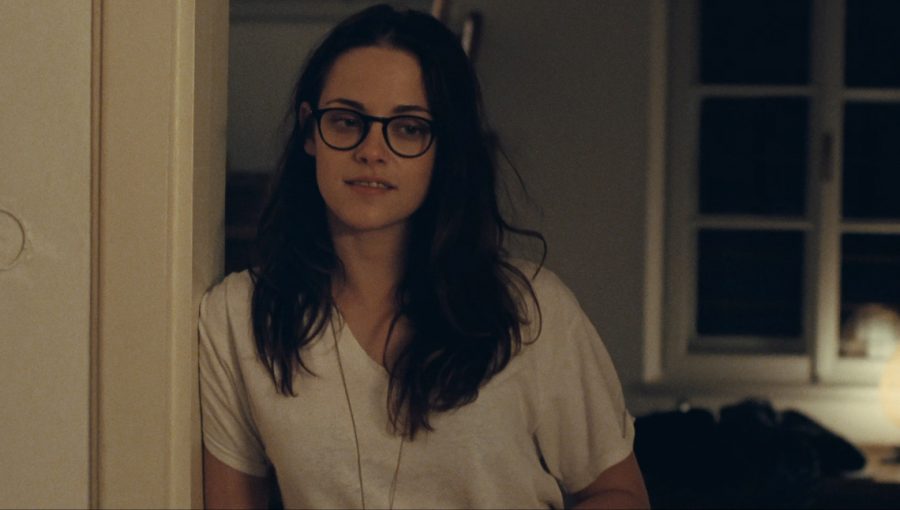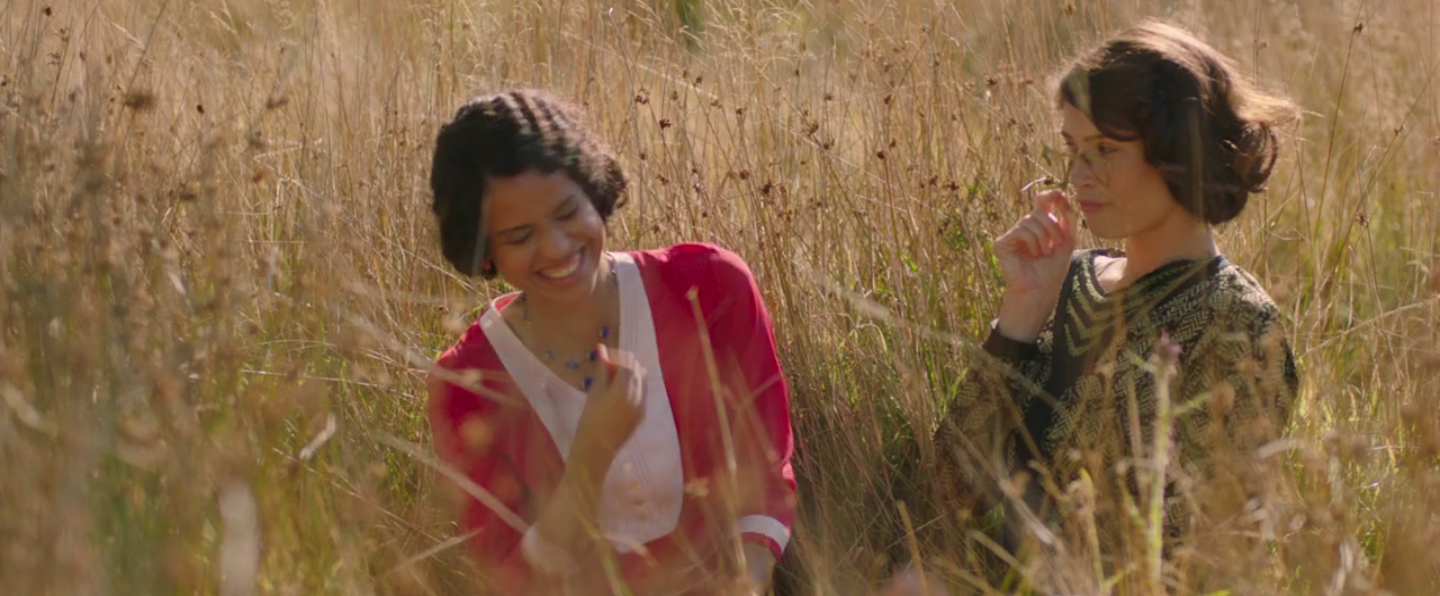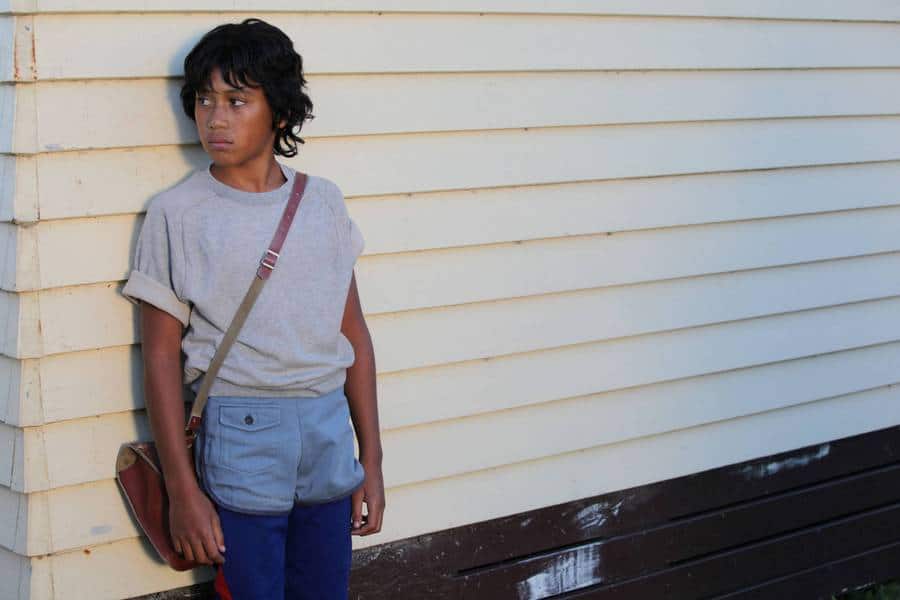This is the type of movie I completely fell in love with but cannot articulate exactly why. Maybe it's the mixture of beauty and pain portrayed, maybe it's the intricate sounds and beautiful imagery, maybe it's the story, maybe it's all of the above. A woman is hit with sudden disability after an accident and calls on an unlikely companion, a night club bouncer by the name of Ali. Together they explore her new predicament and its implications, while forming a special bond. This is a movie that will call upon your internal strength, while portraying how us humans can become strong together. Most of all it provides an immensely powerful, ultimately simple story that is both touching and will stay with you for a very long time. Directed by Jacques Audiard (A Prophet).
Genre: Drama, Romance
Actor: Armand Verdure, Bouli Lanners, Celine Sallette, Corinne Masiero, Fabien Baïardi, Françoise Michaud, Irina Coito, Jean-Michel Correia, Marion Cotillard, Matthias Schoenaerts, Mourad Frarema, Yannick Choirat
Director: Jacques Audiard

